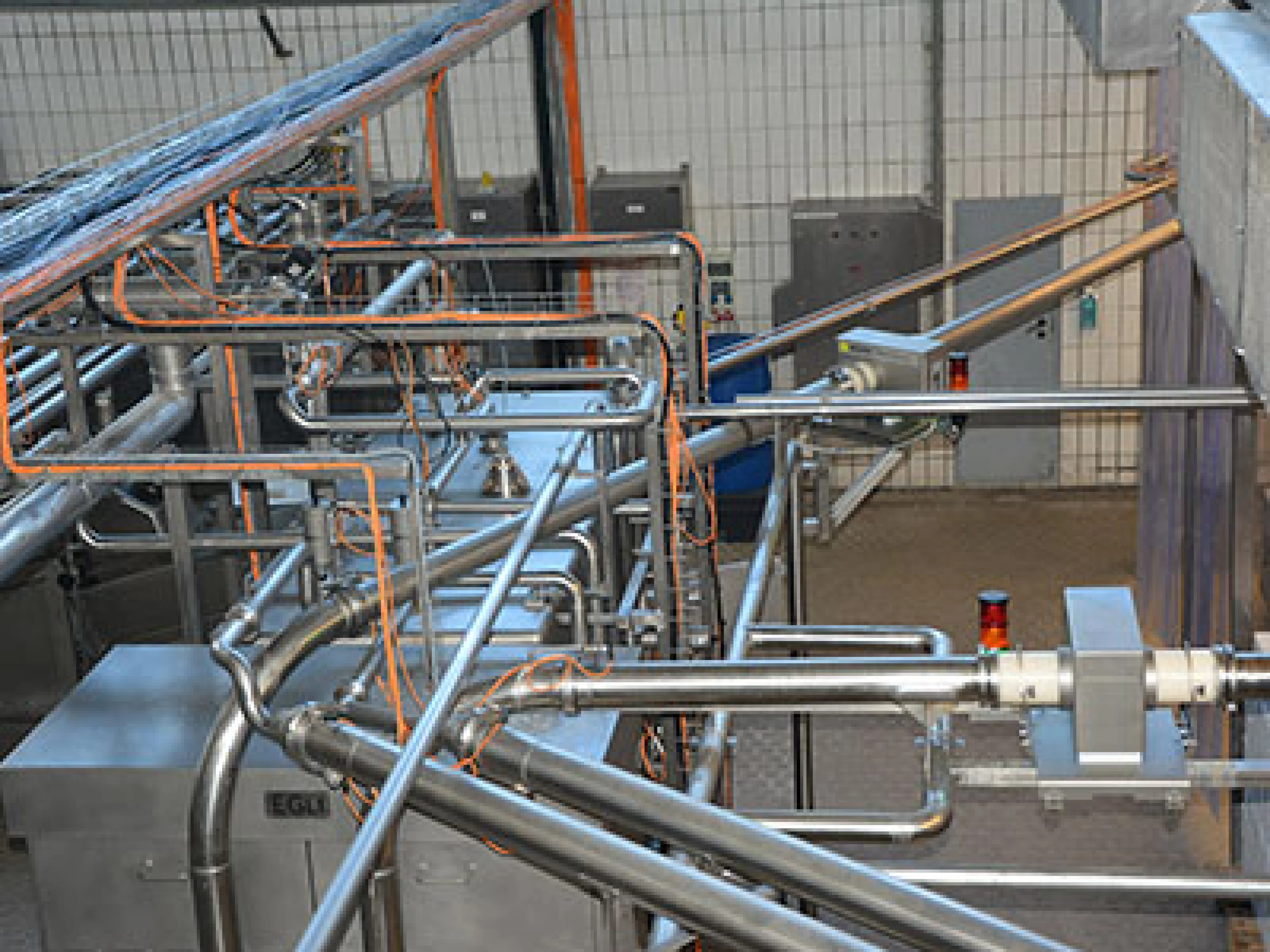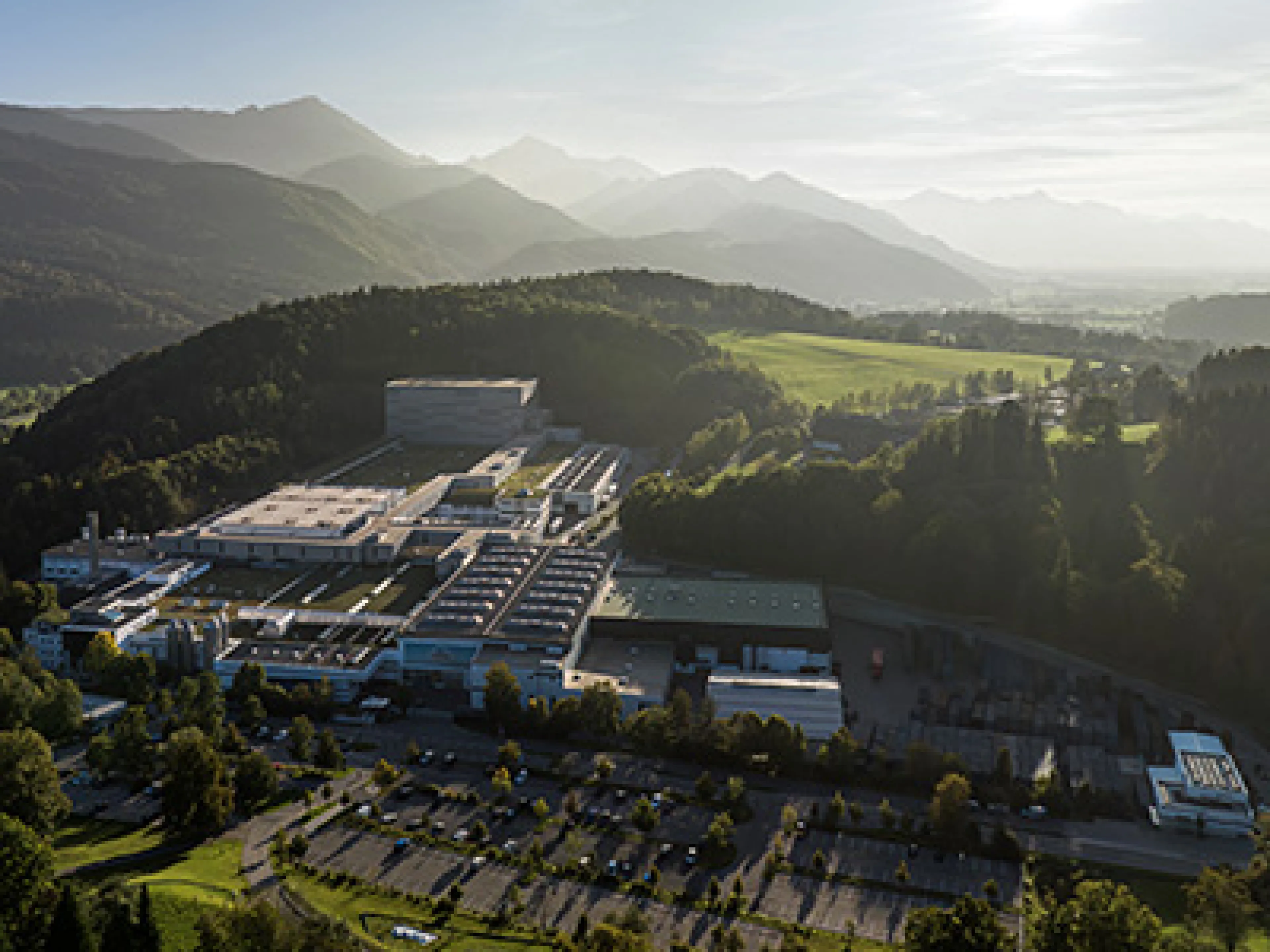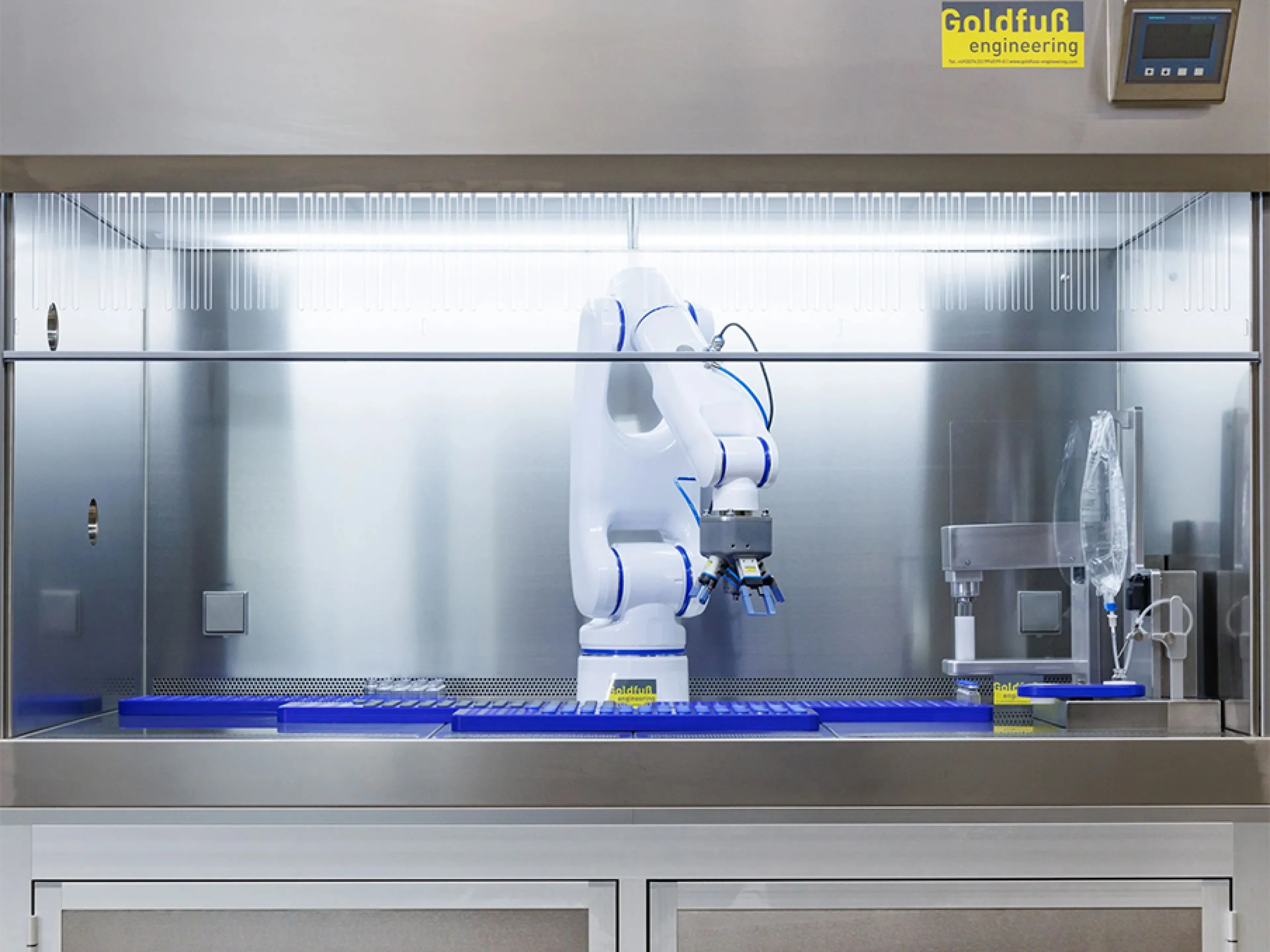
Bilfinger has successfully completed another hydrogen project for the process industry to boost alternative energy sources in the course of the energy transition. For the major Czech chemicals manufacturer Spolchemie Bilfinger has assessed production and transportation options for its by-product hydrogen. In a feasibility study, Bilfinger Tebodin Czech Republic additionally evaluated the technical requirements and economic output of the production of green hydrogen by photovoltaic, and the transportation of hydrogen to public mobility solutions such as filling stations for cars or trains.
“Hydrogen plays a key role in the energy supply of tomorrow,” says Dr. Thomas Schulz, Group CEO of Bilfinger. “We are proud that Spolchemie chose Bilfinger for our independent advice and decades of experience and expertise in supporting the chemical industry, including in the ever more important area of sustainability.” Spolchemie is a major manufacturer of basic and added value chemicals including chlorine. Hydrogen is a by-product of this production process. The aim of the feasibility study was to evaluate a better use of hydrogen while contributing to Spolchemie’s ambitions in its sustainability goals. The study looked at the potential capital and operating costs, technical requirements and innovative options for the better use of the by-product hydrogen and also evaluated the additional green production of hydrogen and efficient transporting to cities up to 100 km away.
Daniel Tamchyna, CEO of Spolchemie, says: “As our many innovations, investments and efficiency improvements show, we take our environmental responsibility seriously and this includes using our by-products to increase for example sustainable mobility.” While the hydrogen by-product is currently used to drive steam-turbine generators, there is now great global interest and investment in using hydrogen for alternative sustainable fuel concepts in buses, trains and cars. One source of hydrogen is from the chloralkali electrolysis in the production of chlorine. The hydrogen by-product can then be cleaned, cooled and compressed for onwards transportation by road, rail or pipeline. Considering a capacity of up to 2,000 tons of hydrogen per year, the feasibility study analyzed efficient ways to transport these large amounts from Nováky (Slovakia) to Bratislava and from Ústí nad Labem (Czech Republic) to Prague for example using composite vessels, and evaluated different methods to calculate the carbon footprint of the used hydrogen. The project is to be realized by 2025.
Bilfinger offers services along the entire hydrogen value chain: from production through storage and delivery to the use of hydrogen. The services include consulting and engineering, subsequent plant construction and EPC (engineering-procurement-construction), and all maintenance and services. In spring 2022, for example, Bilfinger developed an efficient and large-scale solution for hydrogen treatment as a sustainable alternative to natural gas in Northern Germany for an innovation project. In the Netherlands, Bilfinger is currently contracted for the basic engineering of a compressor plant by gas network operator Gasunie to store hydrogen in underground caverns in the so-called Hystock project.










